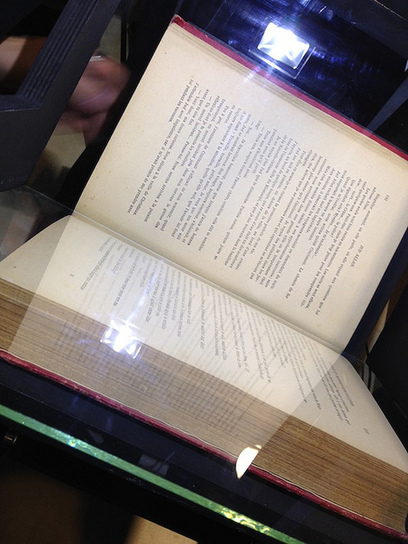"Dès le mois de juin prochain, les Britanniques pourront, en toute légalité, copier des CD, DVD, livres et fichiers numériques divers, pour leur usage strictement personnel. Dans les faits, cela ne changera pas vraiment le quotidien, puisque la plupart des consommateurs étaient déjà rompus à cette pratique, bien que jugée illégale..."
Research and publish the best content.
Get Started for FREE
Sign up with Facebook Sign up with X
I don't have a Facebook or a X account
Already have an account: Login
Sciences de l'information et de la communication (SIC). Médiation des savoirs pour l'enseignement et la recherche.
Bibliothéconomie. Library and Information Science (LIS).
Bibliothéconomie. Library and Information Science (LIS).
Curated by
Terheck
 Your new post is loading... Your new post is loading...
 Your new post is loading... Your new post is loading...
|
|













Link to Copyright Guidance on Scribd: http://fr.scribd.com/doc/215022716/Copyright-Guidance-Consumers